Fluid & Heat Blog Posts
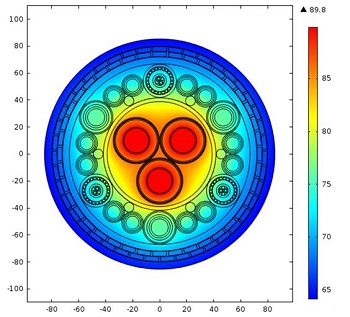
Cable Simulations Spark New Developments at Prysmian Group
The Prysmian Group, a leader in cable systems for many different industries, are using simulation to improve their development process, save resources, and optimize their cable designs.
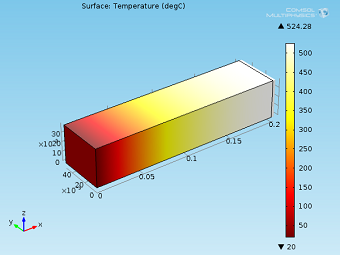
Heat Transfer in Deformed Solids
Learn how to model the physics that account for thermoelastic effects in immobile solids when coupling heat transfer and solid mechanics. Follow-up to an earlier post on conjugate heat transfer.
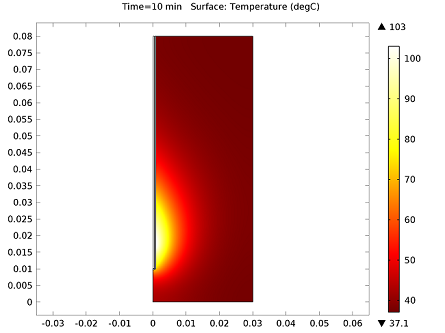
Hyperthermic Oncology: Hyperthermia for Cancer Treatment
Hyperthermic oncology: A type of cancer treatment in which high temperatures are used to destroy tumor cells. Learn about the physics behind this method and how simulation can be used to improve it.
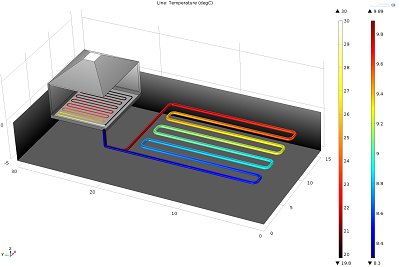
Geothermal Energy: Using the Earth to Heat and Cool Buildings
Learn how to accurately predict the thermal performance of a shallow tubing heat collector design for geothermal heating applications. Part 3 of our blog series on geothermal energy.

Powerful Packaging for Electronics in Extreme Environments
U.S.-based Arkansas Power Electronics International is designing power packaging for improved thermal management in power electronics devices, increased efficiency, and lower costs.
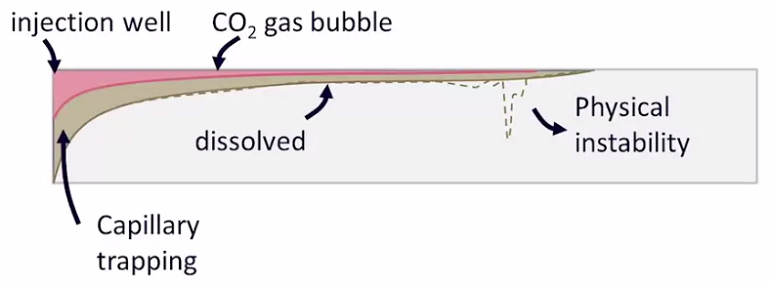
AMPHOS 21 on Simulating Carbon Sequestration
Carbon dioxide sequestration is a proposed solution to releasing carbon dioxide into the atmosphere that involves storing the CO2 in geological formations. AMPHOS 21 models this process.
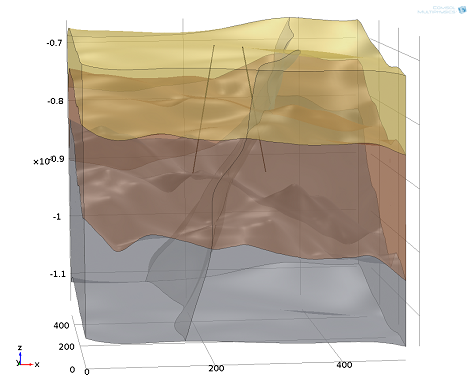
Coupling Heat Transfer with Subsurface Porous Media Flow
Part 2 of the Geothermal Energy series: We couple heat transport and subsurface flow processes to determine the thermal development of the subsurface due to geothermal heat production.
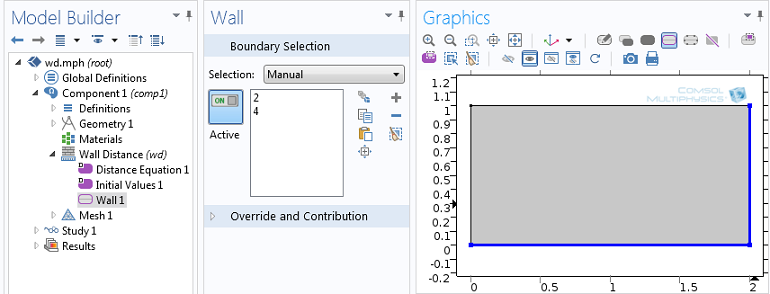
Tips for Using the Wall Distance Interface
The Wall Distance interface can be used to calculate the distance to the nearest wall or detect when a moving object will hit a wall. Learn how to implement this interface in CFD simulations.
